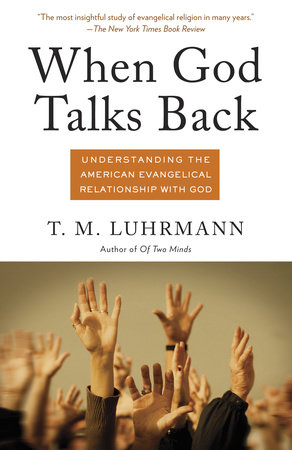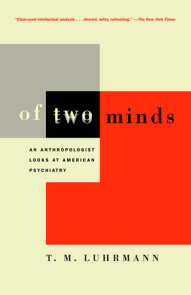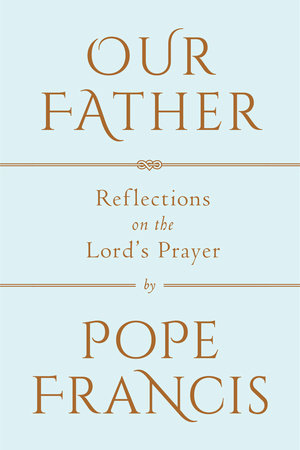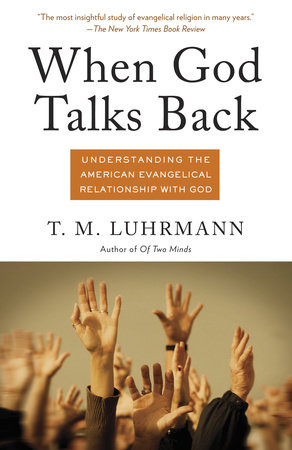


-
$17.95
Nov 13, 2012 | ISBN 9780307277275
-
Mar 27, 2012 | ISBN 9780307957504
YOU MAY ALSO LIKE
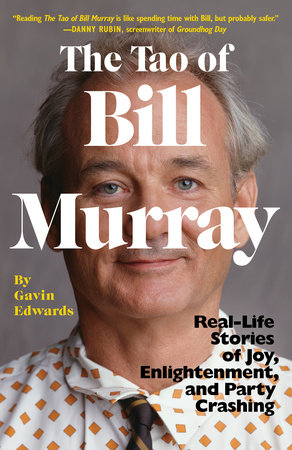
The Tao of Bill Murray

My Lucky Stars

What Your Second Grader Needs to Know (Revised and Updated)

Food and Healing
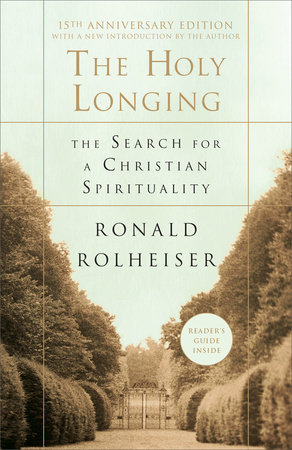
The Holy Longing

Then Again

Why Do Men Fall Asleep After Sex?

Strong Mothers, Strong Sons

Jennifer, Gwyneth & Me
Praise
Praise for T. M. Luhrmann’s When God Talks Back:
“The most insightful study of evangelical religion in many years. . . . When God Talks Back is remarkable for combining creative psychological analysis with a commitment to understanding evangelicals not merely as scholarly specimens, but on their own terms.”
—The New York Times Book Review
“Tanya Luhrmann is a very sensitive participant-observer and a beautiful writer, with a deep background in her subject, and her exploration of evangelical religion in America is at once empathetic and objective, as all good anthropology must be. When God Talks Back is one of the most provocative and enlightening books I have read this year.”
—Oliver Sacks
“Luhrmann is a well-qualified guide: an anthropologist specializing in esoteric faiths. . . . She has addressed a subject that most other people would never touch.”
—The New Yorker
“Ambitious, even audacious. . . . We can thank Luhrmann for describing evangelicalism as it has always been: a potent means for awakening a personal sense of the reality, power and mercy of God. . . . An industrious undertaking [that] produced fascinating results.”
—San Francisco Chronicle
“Evocative, often brilliant. . . . Luhrmann is a fine writer.”
—The Boston Globe
“[When God Talks Back] will reshape the study of American spirituality for years to come. . . . This book is here to stay, and every scholar, church leader, and pundit who cares about American evangelical culture is the better for it.”
—Books and Culture
“A simultaneously scholarly and deeply personal analysis of evangelical communities in America. . . . An erudite discussion both profoundly sympathetic and richly analytical.”
—Kirkus Reviews (starred review)
“Resistant to the scornful stereotypes of the New Atheists, evangelicals who shared their spiritual lives with [Luhrmann] come across as complex men and women whose faith reflects intense emotional and mental commitment. . . . In this sympathetic yet probing analysis, the evangelical spiritual dialogue with the deity emerges as the consequence of a surprisingly self-conscious strategy for finding meaning in a whirlwind of postmodern uncertainty. Much here for curious skeptics to ponder.”
—Booklist (starred review)
“Yet again T. M. Luhrmann investigates a puzzling phenomenon and illuminates it brilliantly. Whether you are a determined rationalist or a dedicated evangelical, you’ll be enlightened by Luhrmann’s synthesis—a worthy successor to William James’s The Varieties of Religious Experience.”
—Howard Gardner, Hobbs Professor of Cognition and Education, Harvard University
“T. M. Luhrmann’s gift is the ability to observe and report with the eyes of both an anthropologist and a novelist. This alchemy is so evident as she makes this most extraordinary narrative exploration of faith and its manifestations in everyday American life. A lovely book and a wonderful read.”
—Abraham Verghese, author of Cutting for Stone
“A refreshing approach to this polarizing subject. . . . [A] scholarly but deeply personal investigation.”
—The Cleveland Plain Dealer
“Anthropology—ready enough to discourse about religion—has never managed a thick description of prayer. This is the ground that T. M. Luhrmann breaks with a deeply engrossing, first-ever, thick anthropological description of prayer in two American evangelical congregations. A remarkable intellectual venture.
—Jack Miles, Pulitzer Prize-winning author of God: A Biography
“What if nonbelievers could understand how people come to experience God? What if believers could come to understand just how difficult the process of coming to experience God is for all of us, here at the end of modernity? When God Talks Back is a chance for our divided nation to stop talking past each other about our national preoccupation: God.”
—Ken Wilson, senior pastor of Vineyard Church of Ann Arbor and author of Mystically Wired: Exploring New Realms in Prayer
“So readable, so informing, so scholarly, and yet so winsome. . . . This is religion writing at its best—a masterful examination that is a candid, humble, clear-eyed, and affirming record of what faith looks like and how it operates.”
—Phyllis Tickle, author of The Great Emergence and founding editor of Publishers Weekly’s Religion Department
“Rarely have I encountered a book that succeeds so admirably in exploring the interior lives of America’s evangelicals. What makes this book so remarkable is not only the author’s exhaustive and empathetic fieldwork but that her conclusions emerge from a deep understanding of the history of evangelicalism.”
—Randall Balmer, author of The Making of Evangelicalism
“How can one live a life at once wholly modern and fully engaged with the supernatural realm? Many books aim to explain how American evangelicals pull this off, but this is the one that will actually change the way you think about religion going forward. Writing elegantly and sympathetically about evangelical lives while at the same time developing a profound theory of the learning processes by which human beings come to inhabit religious worlds, Lurhmann has produced the book all of us—believers and nonbelievers alike—need to put our debates about religion and contemporary society on a truly productive footing. People will be learning from When God Talks Back for a very long time to come.”
—Joel Robbins, Professor of Anthropology, University of California, San Diego
“A compelling account of how evangelical Christians come to experience God as intimately and lovingly present in their lives. Drawing on two years of field work, supplemented by extensive knowledge of evangelical literature and innovative scientific field experiments, Luhrmann’s demonstration of the role of both training and individual abilities in the shaping of religious experience breaks important new ground in the cognitive science of religion.”
—Ann Taves, author of Religious Experience Reconsidered
“[Luhrmann] has entered into the world of her subjects with extraordinary empathy and impressive humility. . . . I find Luhrmann’s description of the Evangelical experience highly plausible as well as an admirable intellectual achievement.”
—Peter L. Berger, First Things Magazine
21 Books You’ve Been Meaning to Read
Just for joining you’ll get personalized recommendations on your dashboard daily and features only for members.
Find Out More Join Now Sign In








